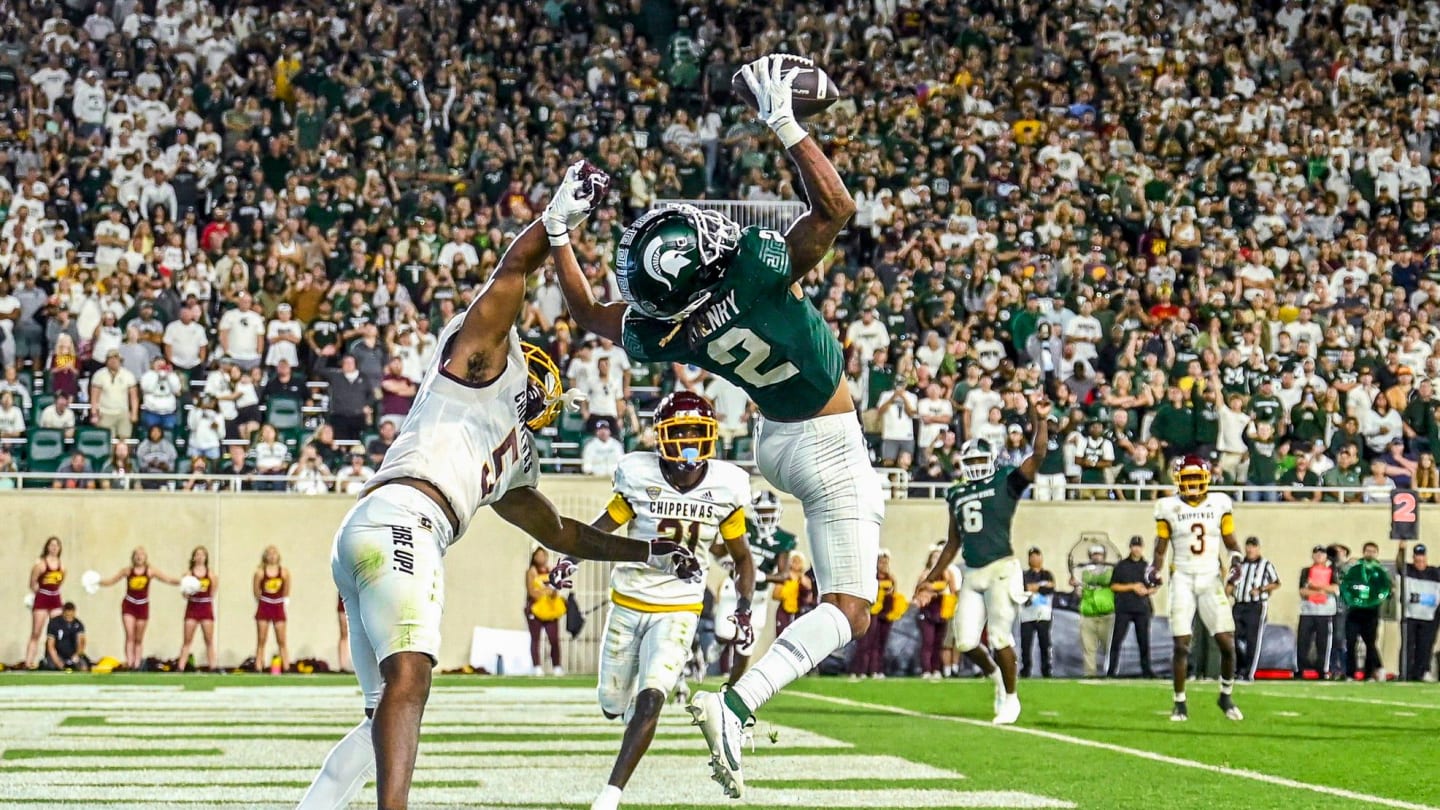Lebanese party remains active despite threat of war

Bar noise and laughter mingle in the hustle and bustle of a trendy Beirut neighborhood, far from the violence on the border with Israel further south and the fear of all-out war.
“I am 40 years old and every year they tell us that war will break out this summer,” said Elie, a financial adviser who did not give his last name, in a bar in the Lebanese capital as other locals chatted next to him.
“What we see on the streets is different from what we hear in the media,” he said. “Foreign press coverage makes people believe there is a war in Lebanon.”
Since the start of the war between Israel and Hamas in the Gaza Strip on October 7, the Palestinian Islamist movement’s ally, the Lebanese Hezbollah, has been exchanging fire with Israel across the border almost daily.
Tensions have been rising on the Israeli-Lebanese border for nearly two weeks after Israel killed one of Hezbollah’s top commanders.
UN Secretary-General Antonio Guterres warned of a catastrophe “beyond imagination,” and France and the United States are trying to de-escalate the situation.
Israel’s Foreign Minister Israel Katz said Hezbollah would be destroyed in a “total war” and that the country’s army had approved “operational plans for an offensive in Lebanon.”
The following day, Hezbollah leader Hassan Nasrallah warned that in the event of a full-scale war, “no place” in Israel would be spared from the group’s weapons.
While discussions raise the risk that the border conflict could spread to the rest of the country, it does not seem to bother partygoers in the Christian neighborhood of Mar Mikhael.
In this district of Beirut known for its bars, glasses clink in colorful lights and guests dance to the rhythm of remixes of Arabic and Western pop songs played at full volume by a DJ.
“This is Lebanon and this is our history. Nothing changes. We survived the July war,” Elie said, referring to a war between Israel and Hezbollah in 2006.
“In all past crises, people continued to stay outside for long periods, be it during the Covid-19 pandemic or the explosion in the port of Beirut” in the summer of 2020.
The explosion killed more than 200 people, destroyed large parts of the capital, including Mar Mikhael, and accelerated the economic collapse.
– “Love to celebrate” –
Elsewhere in the city, locals brought their children to a street party in central Beirut that lasted late into the night.
“Despite all the threats, we are a people who love life,” Abir Atallah told AFP, amid the laughter of the children in front of the stage.
While the United Nations says more than 95,000 Lebanese have lost their homes due to the conflict on the border with Israel, fear of war is not stopping people in other parts of the country from leading normal lives.
“We live from day to day. Of course people are afraid, but we trust in God,” says Mira Makhlouf, who sells toys for children.
“The Lebanese love to party,” she said, adding that she had no intention of leaving the country if a full-scale war broke out.
While the biggest events that take place every summer in Lebanon were cancelled this year due to the conflict in the south, some organisations decided to stick to their plans.
Arab singers flock to Lebanon to perform. More than 20,000 people attended a concert by Egyptian pop star Amr Diab in Beirut in mid-June.
Although several countries warn their citizens against visiting Lebanon, foreigners continue to travel to the country during the summer festival season.
“I don’t think a war will break out and we are not afraid. Otherwise we wouldn’t see this crowd,” Nayla Haddad said at the festival.
“Every two weeks we organize a festival in a new location,” she says with a smile.
yk-lar/jos/srk/it



